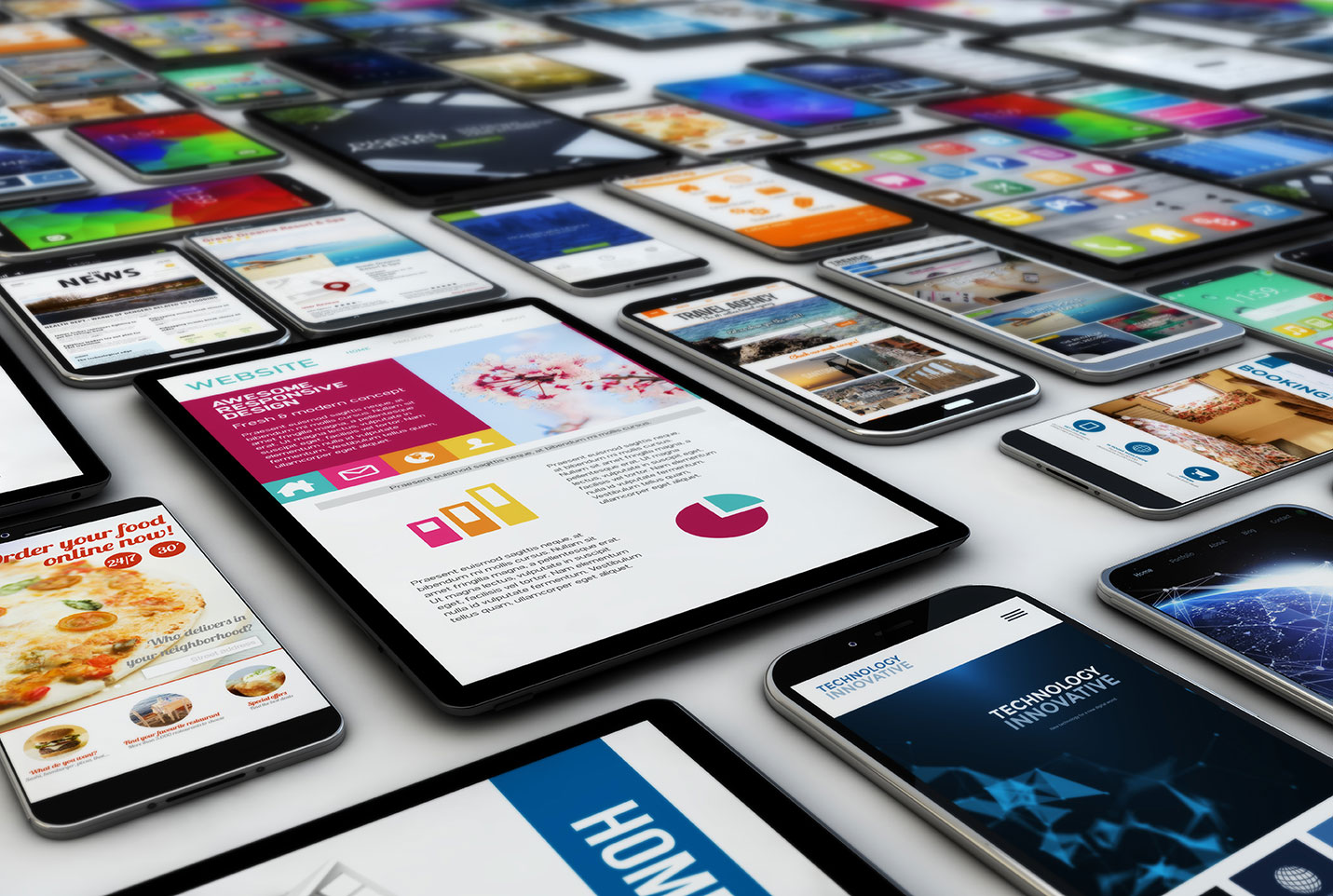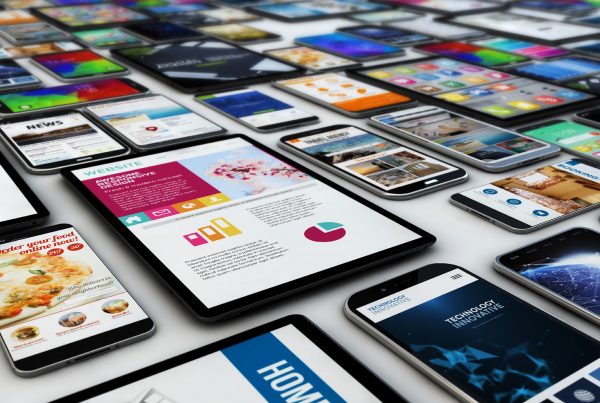The Nigerian Communications Commission (NCC) is in the process of deploying a Device Management System (DMS) that is said to curtail the counterfeiting of mobile devices, prevent mobile theft, kidnapping, and enhance national security.
Read more about Tech
This development is coming roughly two weeks after the NCC announced it has successfully assigned 54 million National Identity Numbers (NIN) to users.
There were initial fears that individuals will have to submit their IMEI numbers on the DMS platform. But in a subsequent statement, the NCC spokesperson said the system will automatically capture IMEI numbers:
“… The DMS will essentially protect subscribers against phone theft and will identify and enable the elimination of fake devices from the networks. The system will capture IMEI automatically without any requirement for subscribers to submit same.”
There is wonder about the need for an IMEI registry when the regulatory agencies already have the biometric SIM registration data of all mobile phone users in the country. As of 2020, Nigeria remains one of the 11 countries with mandatory biometric SIM registration laws.
While the new development appears noble enough from a regulatory and government policy point of view, Nigerians remain paranoid that their privacy is being eroded gradually.
NCC on its part cleared the air that the Device Management System is a Centralised Equipment Identity Register which will serve as a repository for keeping records of all registered mobile phones’ International Mobile Equipment Identity (IMEI) and owners of such devices.
Yet, Nigerians are not convinced as to why the government suddenly needs to protect the people from theft of their mobile devices.
Sign up to the Connect Nigeria daily newsletter
One of the points being aired by critics of this policy is the suspicion that the government, through the NCC, could be having unfettered access to tracking information on their mobile phones once it has the IMEI number of each user.
Other pundits say that the development allows the government to track SIM card owners’ location, track calls, and messages. Concerns that the government can easily abuse access to such data via spying lingers; whereas, the government has hinged the need for the policy on the need for fighting insecurity.
The growth in crime rate has put government policymakers on edge, so they say, as they try to figure out ways to tackle insecurity with technology, for instance. But going as far as infringing on the privacy of citizens to protect them against crime raises the privacy vs security debate again. Surveillance in a country with weak security agencies largely controlled by the executive of government can easily evolve into a police state where opposition leaders can be tracked and persecuted.
A particularly vivid instance of such actions that has further heightened distrust between citizens and the Nigerian government happened during and after the #EndSARS protests when leading protestors were being tracked, hounded, and arrested while their bank accounts were being blocked illegally just because the government had powers to do so. Nigerians may fail at holding the government accountable at particularly important instances, but they also cherish their privacy quite much.
On the positive side, a centralised registry of mobile devices may help detect criminals quicker and help the police identify the real owners of lost and stolen phones.
That the government will not abuse the access to such critical information Nigerians are about to hand to policymakers and security agencies is what we all about to find out.
Featured Image Source: Enghouse Networks
Got a suggestion? Contact us: [email protected]


